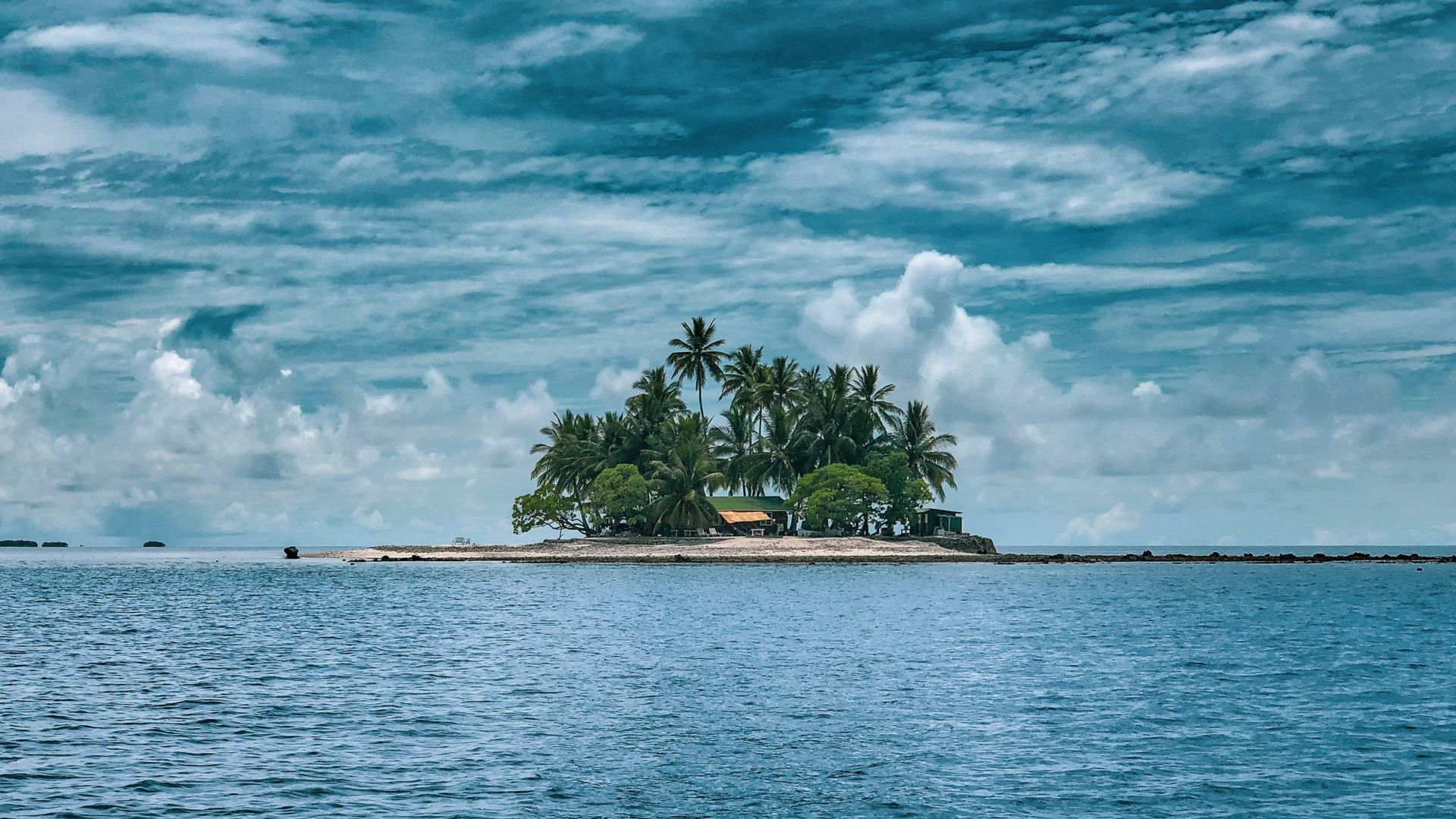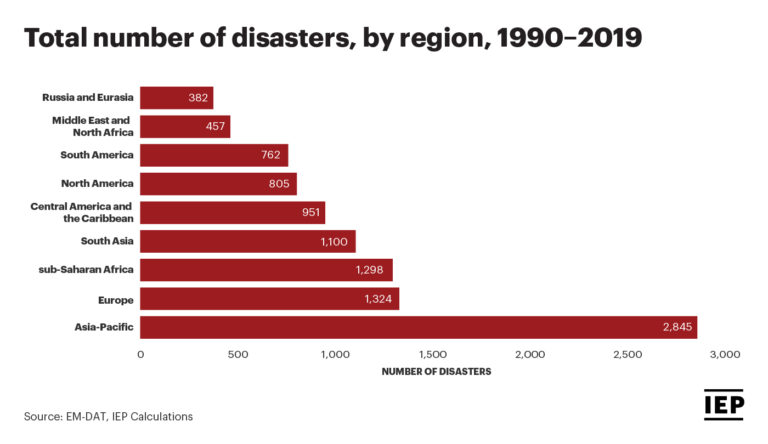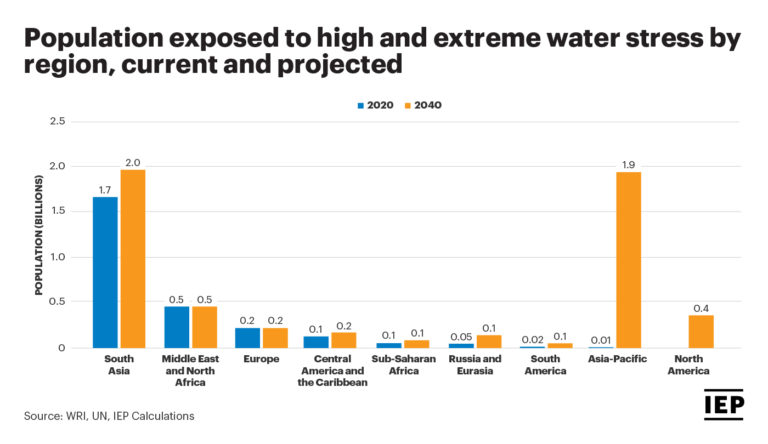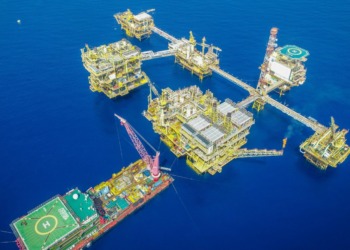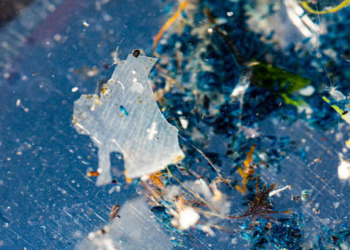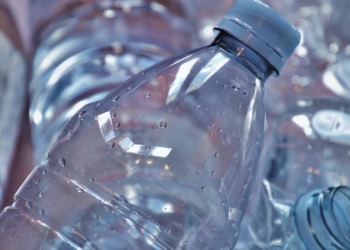While global response to climate change lags, Pacific Island leaders will take matters into their own hands.
On May 12th, the outgoing Secretary-General of the Pacific Islands Forum, Dame Meg Taylor, announced the launch of the Pacific Resilience Facility (PRF).
Aimed at building better disaster preparedness in Pacific Island nations, the fund represents a new grassroots approach to combatting the threat of climate change in a region considered to be at the frontline of the issue.
The announcement comes at a critical time for the forum’s members, as the island nations confront the critical threat of climate change and development setbacks fuelled by the severe economic fallout from the COVID-19 pandemic.
Speaking over Zoom at the fund’s launch event, the Secretary-General highlighted the importance of the PRC in preparing the Pacific Islands region against climate change.
“Each year, more frequent and severe cyclones, floods, and king tides bear down on the Pacific, wreaking devastation and winding back years of development gains.”
“Economic losses from climate-induced disasters are higher in the Pacific Islands than anywhere else.”
“We in the Pacific realise that we have to come up with innovative sustainable solutions to our challenges, [the PRF] will provide small-scale grants for resilience building projects at the community level such as infrastructure and coastal protection projects.”
While there has been no shortage of development aid entering the Pacific, the region’s smaller governments have voiced frustration over the debt financing and large-scale infrastructure focus of the big development players like the World Bank and the Green Climate Fund.
Related Articles: Boosting Rights & Resilience in Earth’s Threatened Forests | Climate Change & Rising Sea Levels are Claiming Their First Victims: Islands
The Pacific Islands Forum members believe community-level disaster prevention programs, administered by individual states, will better prepare the region’s populations against climate change and natural disasters.
Grants distributed by the PRF will be small-scale, ranging from US$50,000 to US$200,000, and focus on self-sustaining programmes that can be maintained after external parties move on.
Innovative approaches to disaster resilience are of particular importance to Pacific Island nations, as they inhabit one of the most at-risk regions on the planet.
According to the 2020 Ecological Threat Register (ETR), the Asia-Pacific region accounted for 29% of natural disasters recorded globally between 1990 and 2019.
ETR analysis also shows the wider Asia-Pacific as recording the highest number of displaced people between 2008 and 2019, with over 150 million instances of displacement as a result of climate-impacted natural hazards.
The full impact of these ecological threats in the Pacific Islands sub-region is not fully understood, as patchy government reporting and weak administrative reach leave the circumstances of many isolated island communities unaccounted for.
Two of the region’s smallest and most remote island nations, Tuvalu and Kiribati, are already facing existential threats from rising sea levels.
Increased frequency of ocean flooding events in the Asia Pacific is further threatening agricultural lands and sources of drinking water critical to the livelihoods of Pacific communities.
Due to its high-level exposure to the impacts of climate change, the region has been labelled as the “global litmus test” for sustainable development programmes.
With a clear need for innovative approaches to disaster preparedness, it is hoped the PRF will encourage an acceleration of such initiatives and help build lasting disaster resilience in the region.
— —
About the author: The article has been written by Riley Duke, a member of the editorial staff, for the Vision of Humanity — brought to you by the Institute for Economics & Peace (IEP). The IEP investigates the impact of COVID-19 and future trends in economics, politics, social dynamics, conflict and development.
Editor’s Note: The opinions expressed here by Impakter.com columnists or contributors are their own, not those of Impakter.com. — In the Featured Photo: Island in Chuuk Lagoon, Micronesia, in the Pacific Ocean. Featured Photo Credit: Marek Okon, Unsplash.


